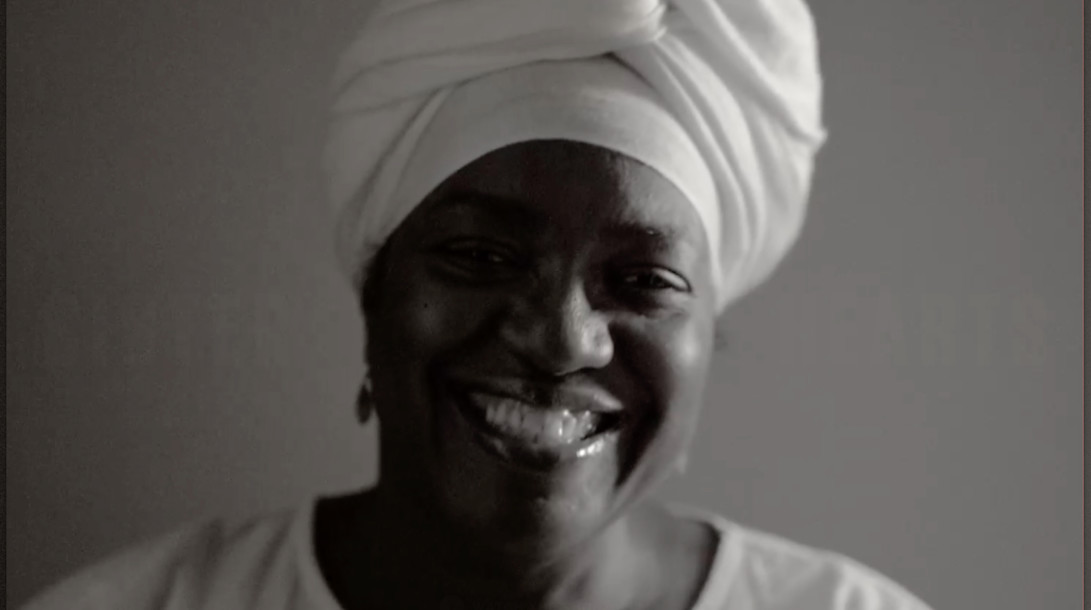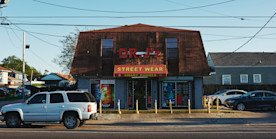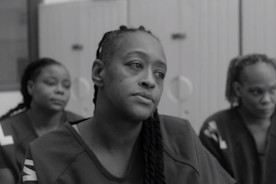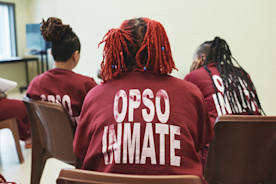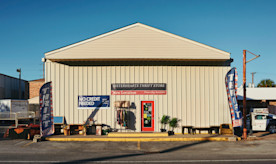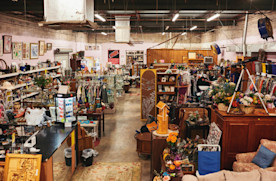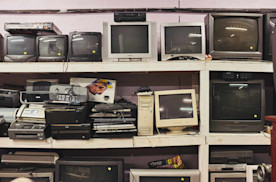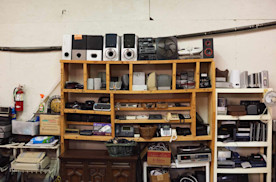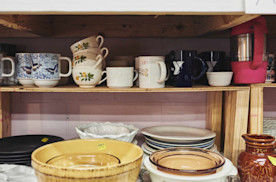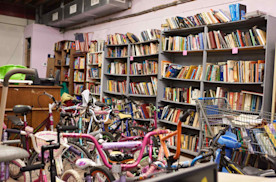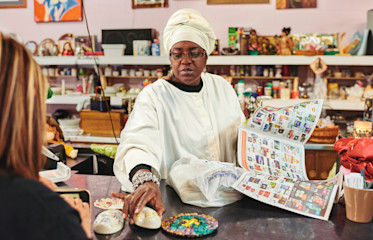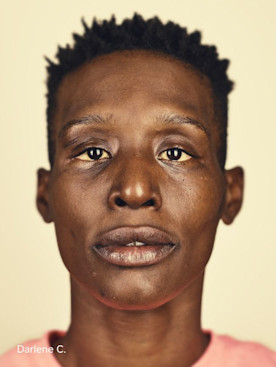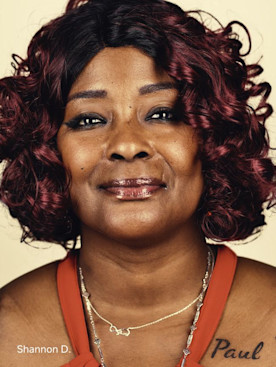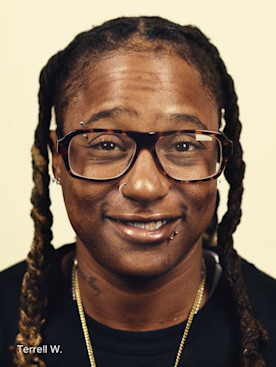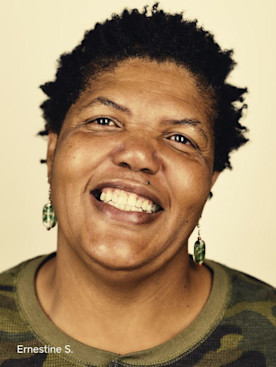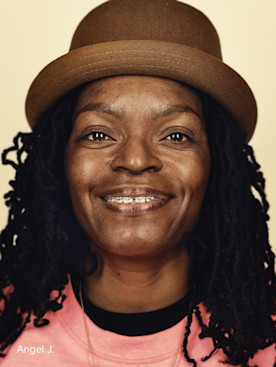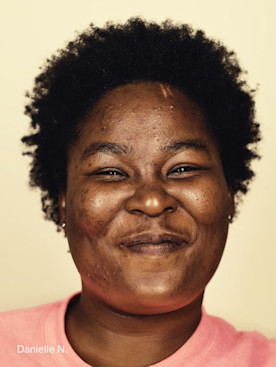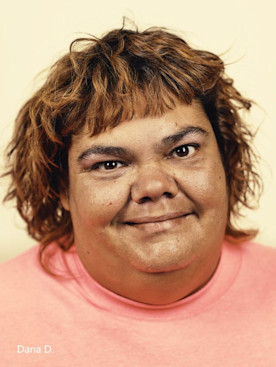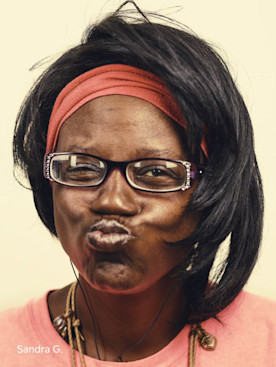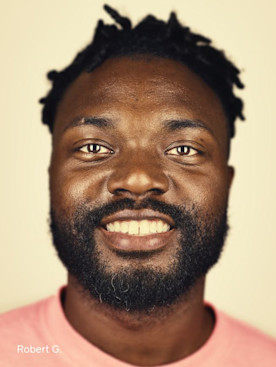Sister Hearts
Maryam Henderson-Uloho, founder and owner of Sister Hearts thrift store in Arabi, Louisiana, in her own words.
Claiborne Ave, New Orleans, where Maryam sold goods from a suitcase.
The way Sister Hearts got started was out of a suitcase. I would go to the street corner and I would sit there all day just selling stuff out of a suitcase. The first day I made $40. I took that money, I bought more merchandise, I sold that. And I just kept doing that. Three years later, I have a 15,000 square foot thrift store.
Sister Hearts is a thrift store and a housing facility for ex-offenders to transition back into society. It’s a bridge from incarceration to society. Because prison doesn’t allow inmates to transition, they just release them. It takes time to adjust back to society.

I had a 25 year sentence for obstruction of justice. I did 13 years. Out of that 13 years, over half my time was spent in solitary confinement.
One time, when I was in solitary confinement, the guard saw trash in my garbage can. She yelled at me. She was more concerned about the trash in the garbage can than she was about me as a human being, and I thought, “Where is the treasure in me?”
When I was in prison, I met a lot of wonderful women. Those women were with me when I was lonely, when I was hurting, when I was frustrated. Those women gave me comfort and I call those women my Sister Hearts.
When I got out of prison, they wouldn’t allow me to open a bank account. I could not rent an apartment. When you would tell anybody that you’ve been to prison, you’re not gonna work. So I had to start my own business.
Ex-offenders have been discarded by society. Sister Hearts is a place where society discards unwanted items, too. So we relate to that trash. We’re both getting second chances.
We are helping people learn how to think again. I’ll pick a section of the store and I’ll have one of the women reorganize it, set the prices, help the customers. And so they learn what makes all this work. And they start to think about their own value. As ex-offenders, we need that.
Every weekend the women get stipends. Each person gets their own little envelope and they are so excited. They worked for this money. They feel like they have done something.
“Having my own business allows me to show the world how I truly feel. Whatever energy is going on inside of me, I can release it in my own business.”
Ex-offenders are excellent entrepreneurs. We know how to come up from the trenches. We know how to make something out of nothing. We know how to take a dime and make it a dollar.
We’re not depending on society to rehabilitate us. We have taken the reins to rehabilitate ourselves. We feel empowered. We don’t feel helpless and powerless anymore.
I want all ex-offenders to know they matter. I want them to know that just because they’ve committed a crime they’re no less of a human being.
When I was in prison, I set goals for myself. Within three years, I had accomplished every one of my goals. And now I have to set new goals.
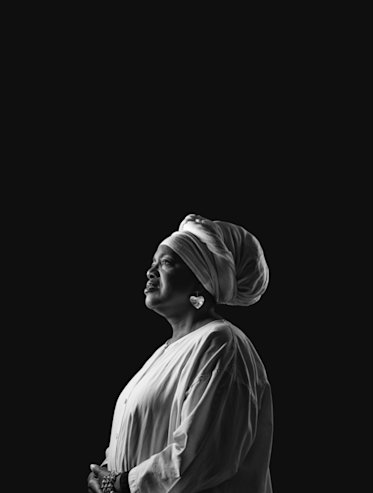
SISTER HEARTS
We’re proud to partner with organizations who empower women in the New Orleans community, help the formerly incarcerated transition back into the economy, ask important questions of our justice system, and so much more.

We premiered Sister Hearts live in New Orleans, with Mayor-Elect LaToya Cantrell there to introduce the film. After the screening, we had a discussion on success after incarceration with our CEO, Jack Dorsey, and our partners Shaka Senghor, Topeka K. Sam, and, of course, Maryam Henderson-Uloho, the star of Sister Hearts.
